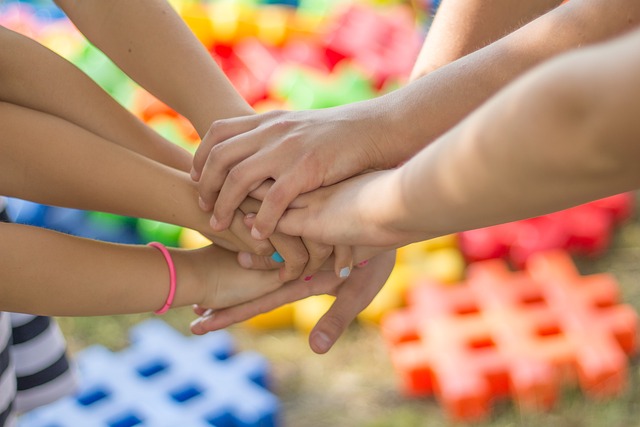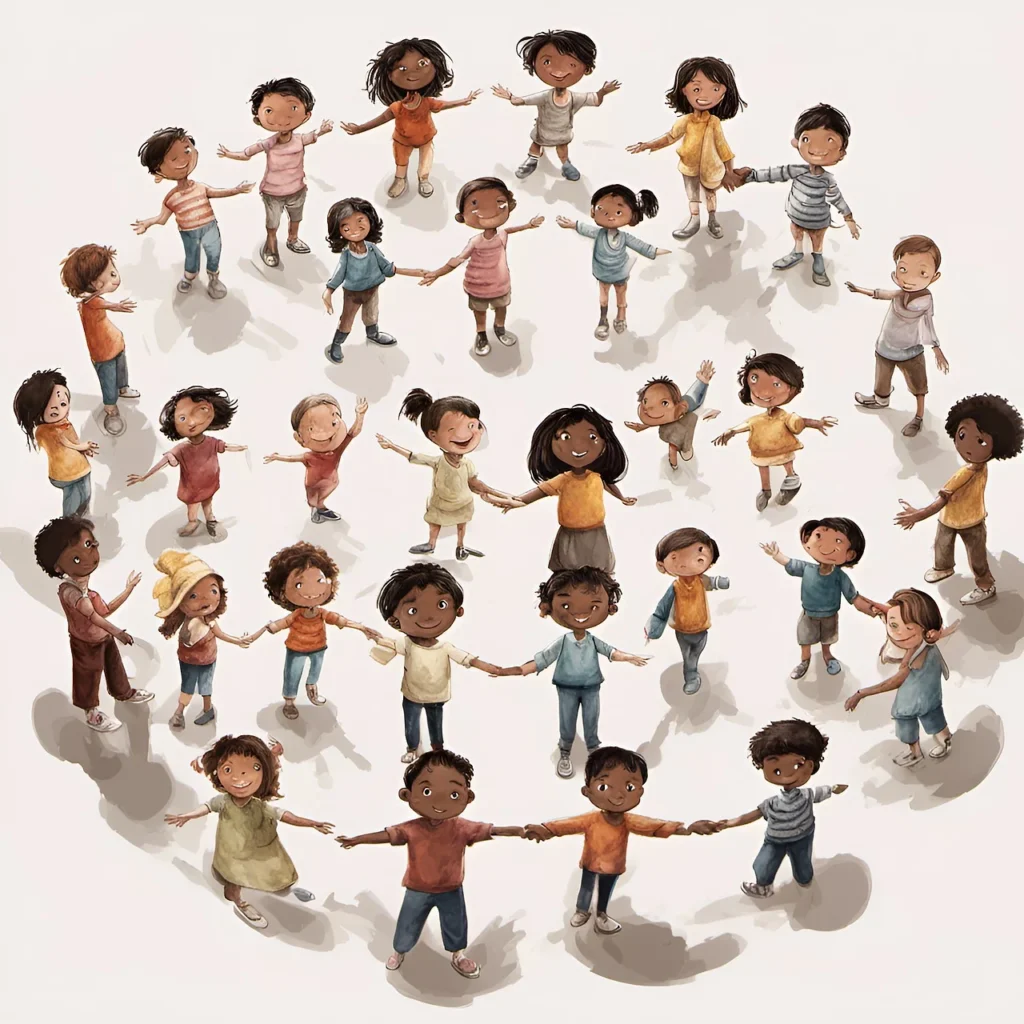
In today’s fast-paced world, social skills have become essential for children to thrive in their personal and academic lives. Social skills form the foundation for developing meaningful relationships, problem-solving, and confidently navigating social situations. Teaching these skills early on sets children up for success in their interactions with peers, adults, and their broader communities. Below are the top five social skills every child should learn and how parents can support their development.
1. Communication Skills
One of the most crucial social skills is the ability to communicate effectively. Communication includes both verbal and non-verbal skills, such as making eye contact, listening attentively, and expressing oneself clearly. Strong communication skills allow children to share their thoughts, express emotions, and understand the needs of others.
How to Develop Communication Skills:
- Model Good Communication: Parents can demonstrate effective communication by engaging in meaningful conversations, actively listening to their child, and using clear language. This helps children learn by example.
- Encourage Open Discussions: Create opportunities for children to share their day, talk about their feelings, and discuss different topics. This fosters confidence in expressing themselves.
- Practice Active Listening: Teach children the importance of listening to others without interrupting, and to ask questions for clarification. Role-playing can be a fun way to practice.
2. Empathy
Empathy is the ability to understand and share the feelings of others. It is an essential social skill for building meaningful relationships and promoting kindness. Empathy helps children become compassionate individuals who can relate to others’ experiences.
How to Develop Empathy:
- Discuss Feelings: Talk about different emotions and how others might feel in various situations. Encourage your child to consider how their actions affect others.
- Read Books Together: Stories are great tools for developing empathy. Choose books that explore different characters’ feelings and ask your child to reflect on how each character feels.
- Encourage Helping Behavior: Teach your child to look out for others by helping when someone is upset or needs assistance. This fosters a sense of responsibility and kindness.
3. Cooperation and Teamwork

Cooperation involves working together toward a common goal, sharing responsibilities, and considering others’ perspectives. Teamwork teaches children the importance of collaboration and mutual respect, which is vital in both academic settings and social situations.
How to Develop Cooperation and Teamwork:
- Engage in Group Activities: Encourage your child to participate in group sports, board games, or collaborative projects that require teamwork. This helps them learn to work alongside others.
- Set Group Goals: At home, set small group goals such as cleaning up together or preparing a meal. This teaches children the value of working together to achieve a common goal.
- Acknowledge Team Efforts: Praise not only individual accomplishments but also how well they worked with others. This reinforces the importance of cooperation.
4. Problem-Solving
Problem-solving is a critical social skill that enables children to resolve conflicts, make decisions, and navigate difficult situations. Teaching problem-solving skills equips children with the ability to think critically and find solutions, whether dealing with peer disagreements or facing challenges in school.
How to Develop Problem-Solving Skills:
- Teach Them to Analyze the Situation: When conflicts arise, encourage your child to step back and assess the problem. Help them think about what went wrong and how it can be resolved.
- Offer Choices: Providing your child with choices encourages independent thinking and problem-solving. Ask them what they think the best solution would be, and guide them through the pros and cons of their decisions.
- Role-Play Scenarios: Use hypothetical situations to role-play problem-solving. Whether it’s about sharing toys or dealing with peer pressure, role-playing prepares children for real-life challenges.
5. Respect for Others
Respect is fundamental in all social interactions. Teaching children to respect others’ opinions, feelings, and personal space lays the groundwork for positive relationships. Respect encourages tolerance, open-mindedness, and the ability to interact with people from diverse backgrounds.
How to Develop Respect:
- Set a Good Example: Children often imitate adult behavior, so modeling respect in your interactions with others is essential. Speak kindly to others, demonstrate politeness, and show consideration for people’s differences.
- Set Clear Boundaries: Teach your child about the importance of personal space and boundaries. Ensure they understand the value of respecting others’ physical and emotional boundaries.
- Praise Respectful Behavior: When your child acts respectfully, praise their behavior to reinforce the importance of treating others with kindness and dignity.
Conclusion
Teaching children social skills is a long-term investment in their well-being and future success. By focusing on communication, empathy, cooperation, problem-solving, and respect, parents can help their children develop the tools needed for positive social interactions. These skills not only foster strong relationships but also contribute to a child’s confidence, emotional intelligence, and resilience.
Incorporating these skills into everyday life through consistent practice, modeling, and encouragement allows children to grow into socially adept and compassionate individuals. As parents, providing the right guidance and environment for social development is key to helping children thrive both in their current relationships and as they transition into adulthood.

